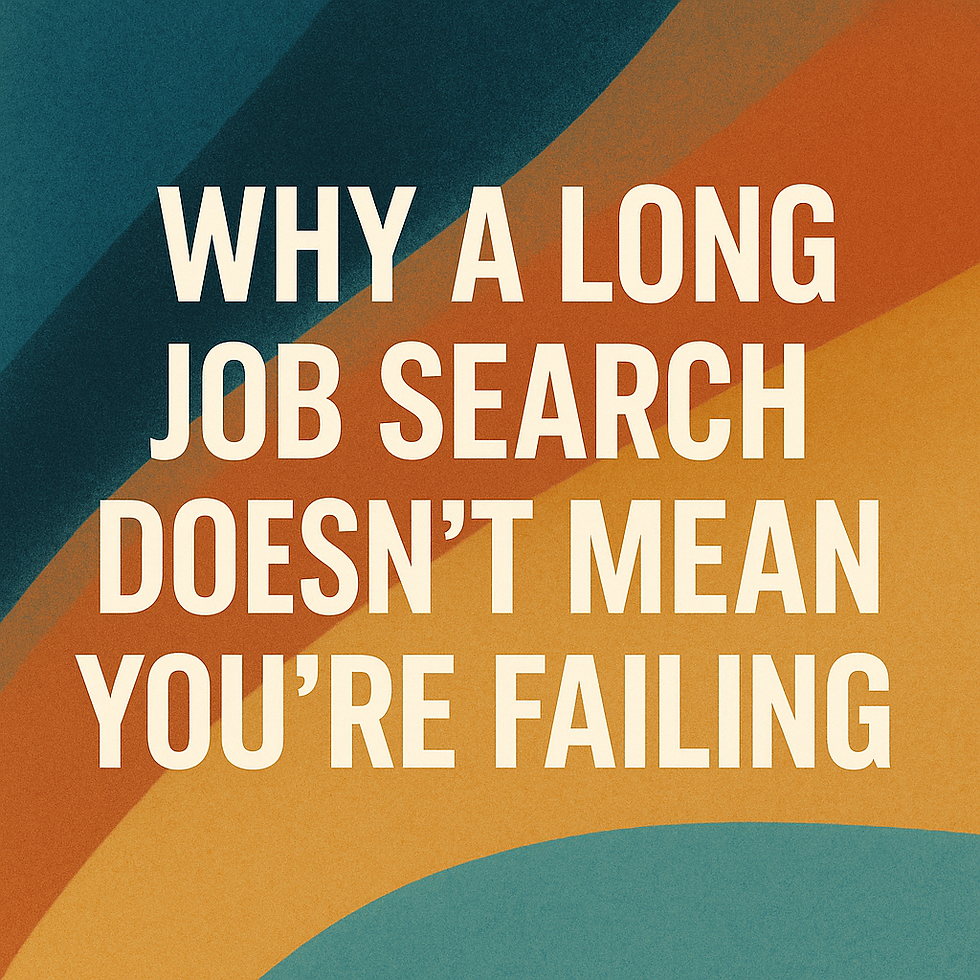Rethinking Productivity: Why Doing More Isn’t Always the Answer
- Inspiring Hub

- Jul 23, 2025
- 3 min read
Small shifts in how you work can change what you get done—and how you feel doing it.
When Productivity Becomes a Pressure
In today’s fast-moving world, “productivity” often becomes a performance. We track tasks, build systems, and push through fatigue, hoping that effort alone will lead to progress.
But what if some of the habits that feel productive are actually making it harder to focus, deliver, and feel fulfilled?
This isn’t about working harder. It’s about working with more clarity. At Inspiring Hub, we’ve gathered insights from across industries and experiences to explore how we unintentionally block our own momentum, and what we can do instead.
1. Pause the Urgency Spiral
Responding to everything immediately might feel efficient, but it often keeps us stuck in reactive mode. When we treat every task as urgent, we lose the space to focus on what’s important.
What you can do:
Set boundaries around response times (e.g., check messages twice a day).
Ask: “Does this need my attention right now—or am I just avoiding deeper work?”
Give yourself permission to prioritize, not just respond.
2. Protect Your Focus
Distractions don’t just interrupt us—they fragment our thinking. The more we check notifications, switch tabs, or scan apps, the harder it becomes to stay present.
What you can do:
Turn off nonessential notifications during work sessions.
Put your phone in another room when you need deep focus.
Build in short breaks before your mind starts to drift.
3. Rethink Meeting Culture
Sometimes we default to meetings when an email, shared doc, or 10-minute voice note could do the job more effectively. Meetings can help—but too many reduce the time available for real work.
What you can do:
Decline or shorten meetings that lack clear purpose.
Use async tools when discussion doesn’t require live conversation.
Block meeting-free hours for creative or strategic thinking.
4. Let Go of Perfection Where It Doesn’t Matter
Spending extra hours polishing something that’s already “good enough” might feel responsible—but it often drains time and energy from more meaningful work.
What you can do:
Define “done” before you start.
Ask, “Will this extra effort change the outcome—or just delay it?”
Deliver, then refine only if necessary.
5. Work With Your Energy, Not Against It
We often ignore when we’re tired, drained, or distracted—and push through anyway. But working through low energy often creates more mistakes, more stress, and less quality.
What you can do:
Notice when your brain feels sharpest—and schedule important tasks then.
Step away before burnout forces you to stop.
Make rest a tool, not a reward.
6. Simplify, Then Start
We sometimes fall into the trap of organizing, planning, or “getting ready”—without actually beginning. This gives the illusion of productivity while delaying the work itself.
What you can do:
Use simple systems you can stick with.
Start with one focused task—even if it’s small.
Don’t wait for the perfect system. Build momentum through action.
Productivity Isn’t a Personality, It’s a Practice
You don’t need to overhaul your life to work better. You just need to notice the moments where your habits are helping, and the moments where they’re quietly holding you back.
Productivity is personal. It starts with self-awareness. And often, the biggest breakthroughs come not from doing more, but from working more intentionally.
Try this:
Choose one insight from above and apply it for just one week.
Reflect: What changed? What felt easier? What surprised you?
This way you are learning how to work in ways that serve you better.





Comments